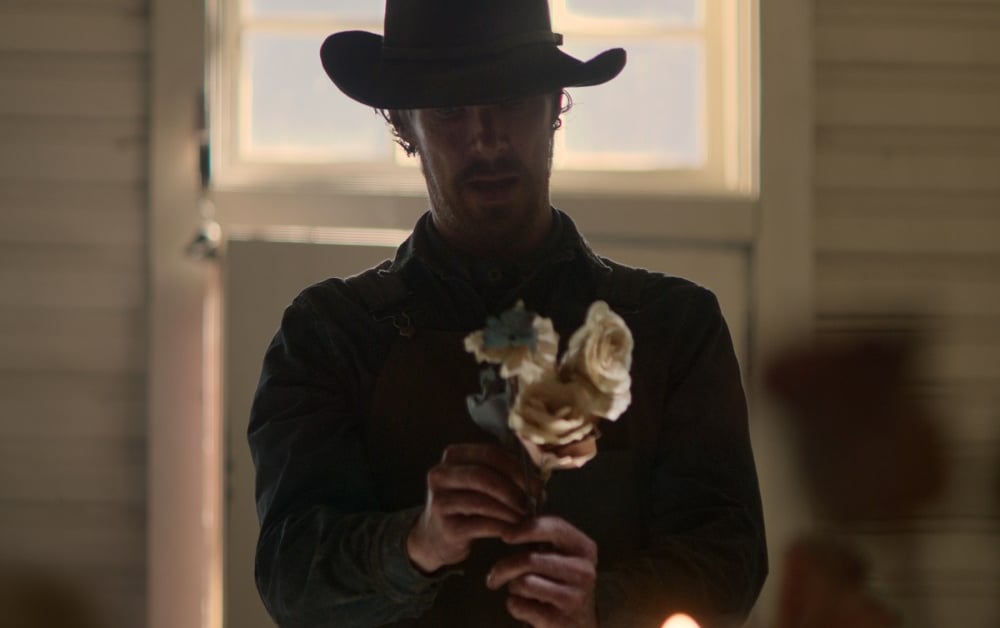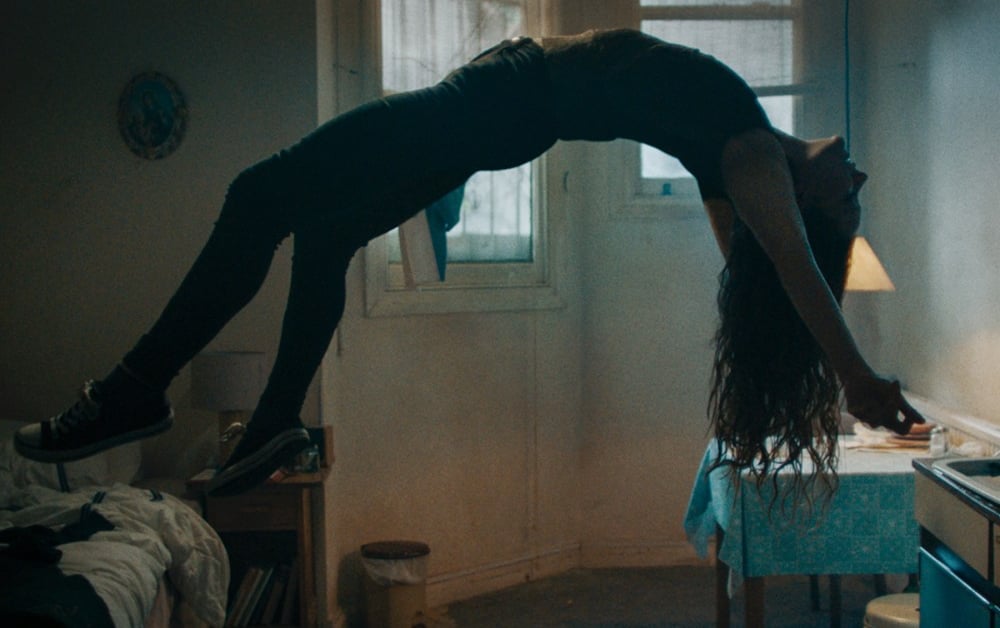20 Best Movies of 2021
A soul-music time capsule, a funky 1970s rom-com, a sci-fi classic blockbuster and the only sequel we really needed — our highlights of a wild, weird moviegoing year

Photo Illustration by @photoeditorjoe. Images in Illustration: Searchlight Films, A24 Films; Warner Bros.; Utopia
2021 started out as the year that everything was supposed to go back to “normal” regarding the movies, with theatres reopening and the pandemic receding into the background and a deluge of delayed blockbusters filling the multiplexes. Let’s say we were… a little optimistic in terms of things going according to that plan. Yes, the art form is still in the midst of an existential crisis, with the theatrical experience in peril and the lines about what is or isn’t “cinema” becoming blurrier than streaming with a bad Wi-Fi connection. (Movies: now more [like watching TV] than ever!) But the following films — running the gamut from a three-hour epic to a 30-minute monologue, a throwback noir to next-gen animation, music documentaries to auteur memory pieces — reminded us why we keep obsessing over movies no matter what size the screen is.
From Rolling Stone US























































